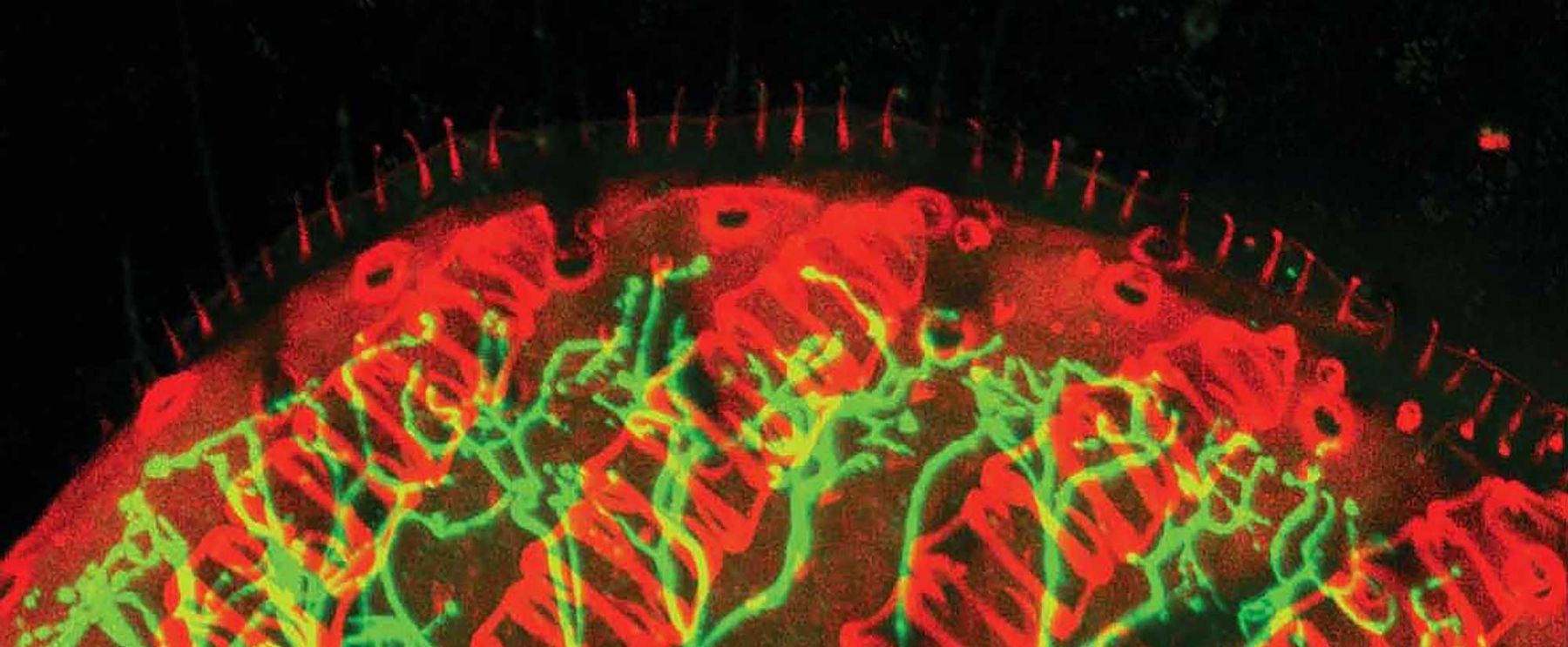Complex behaviors, including decision making and motor sequences are controlled by sensory input, the internal state, past experience and social interactions. Research in this area exploit model organisms from flies to mice to unravel the mechanisms underlying animal behavior.
